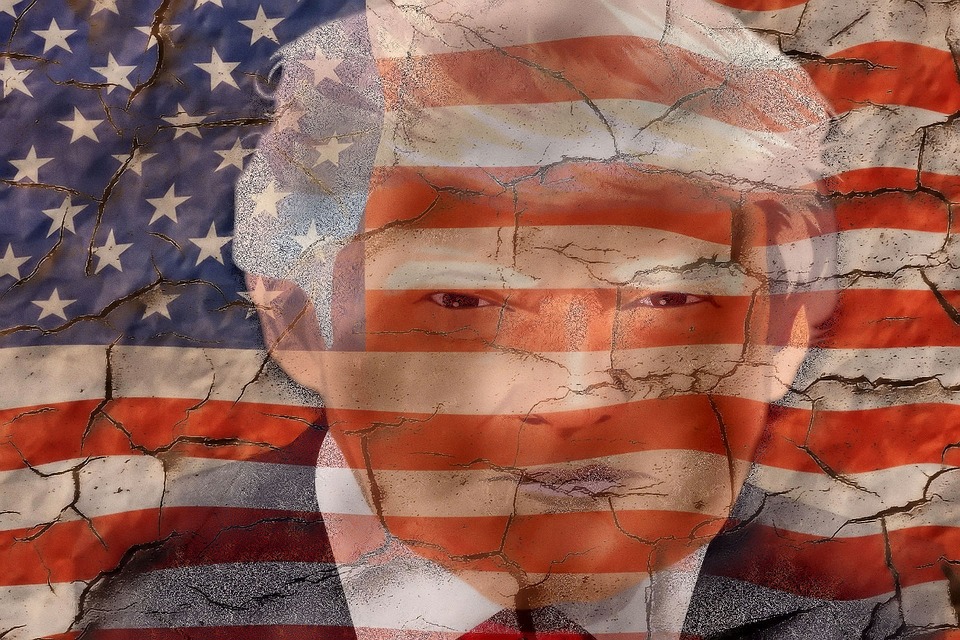WASHINGTON — President Donald Trump signed an executive order meant to fight so-called debanking within the monetary system.
The order tells financial institution regulators to make sure that banks aren’t chopping off client entry to accounts for political causes. It additionally tells the regulators to take away reputational danger from their supervision handbooks, a step that prudential regulators have already taken.
“President Trump’s executive order on debanking is a blended bag,” stated Cato coverage analyst Nicholas Anthony. “While it is good that the administration is prioritizing an investigation over intervention, the order walks an odd line blaming the banks for debanking whereas concurrently acknowledging that the banks have been doing what the federal government ordered them to do.”
The order directs financial institution regulators to have a look at monetary establishments present insurance policies that encourage debanking and to pursue fines or consent orders in the event that they discover any. Specifically, regulators ought to search for violations within the Federal Trade Commission Act, the legislation that grants the Consumer Financial Protection Bureau authority over “unfair, misleading, or abusive acts or practices,” and the Equal Credit Opportunity Act.
It additionally directs regulators to retroactively evaluate supervisory or criticism information to search for cases of debanking based mostly on faith, and to refer these instances to the Department of Justice.
“President Trump believes that no American needs to be denied entry to monetary providers due to their political or spiritual beliefs, and that banking choices should solely be made on the idea of individualized, goal, and risk-based analyses,” the White House stated.
Although the executive order takes direct goal at banks and their function in eradicating shoppers from their establishments, financial institution commerce teams responded solely to the half that targeted on the regulators. Bank lobbying teams have sought to shift the narrative on debanking from their members to regulators.
“Today’s Executive Order helps guarantee all shoppers and companies are handled pretty, a purpose the nation’s banks share with the Administration,” stated the Bank Policy Institute, Consumer Bankers Association, American Bankers Association, and Financial Services Forum in an announcement. “It’s in banks’ finest curiosity to take deposits, lend to and help as many purchasers as attainable. Unfortunately, regulatory overreach, supervisory discretion, and a maze of obscure guidelines have stood in the way in which because the EO makes clear.”
Trump earlier this week accused a number of the nation’s largest banks of refusing to serve him due to his politics. He stated that JPMorgan requested him to shut accounts he is held there for many years, and that Bank of America declined his deposits.
The banks have stated that they didn’t and don’t contemplate ideology relating to account openings or closings.
The order additionally requires that banks that disburse funds through a Small Business Administration lending program make “cheap efforts” to search out and reinstate small-business prospects who have been beforehand denied providers as a result of political debanking.
The debanking situation can be choosing up steam in Congress. The most distinguished invoice is the Financial Integrity and Regulation Management Act, launched by Senate Banking Committee Chairman Tim Scott, R-S.C., within the Senate and Rep. Andy Barr, R-Ky., within the House. It would get rid of the power for regulators to make use of “reputational danger” as a part of supervision.
“Here in Congress, I’ve led my colleagues in combating again in opposition to debanking, together with passing laws to finish the subjective use of ‘reputational danger’ in financial institution supervision,” Scott stated in an announcement. “I’m glad to see at this time’s E.O. which is able to make sure that no regulator, and no financial institution, is above the ideas of equity and market entry.”




